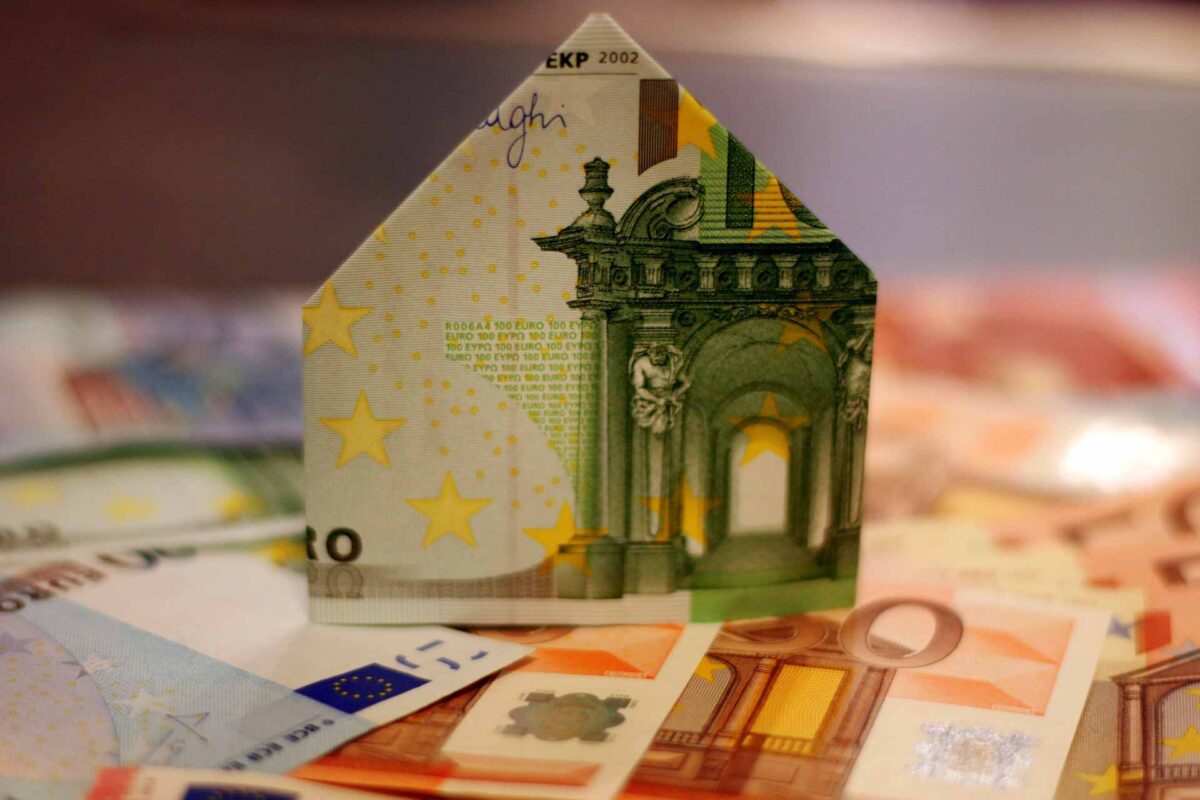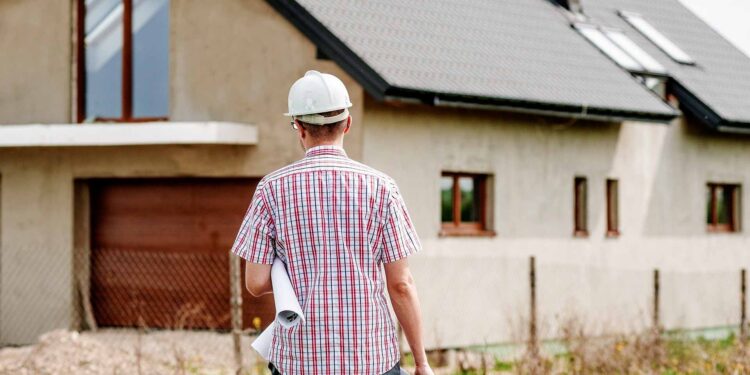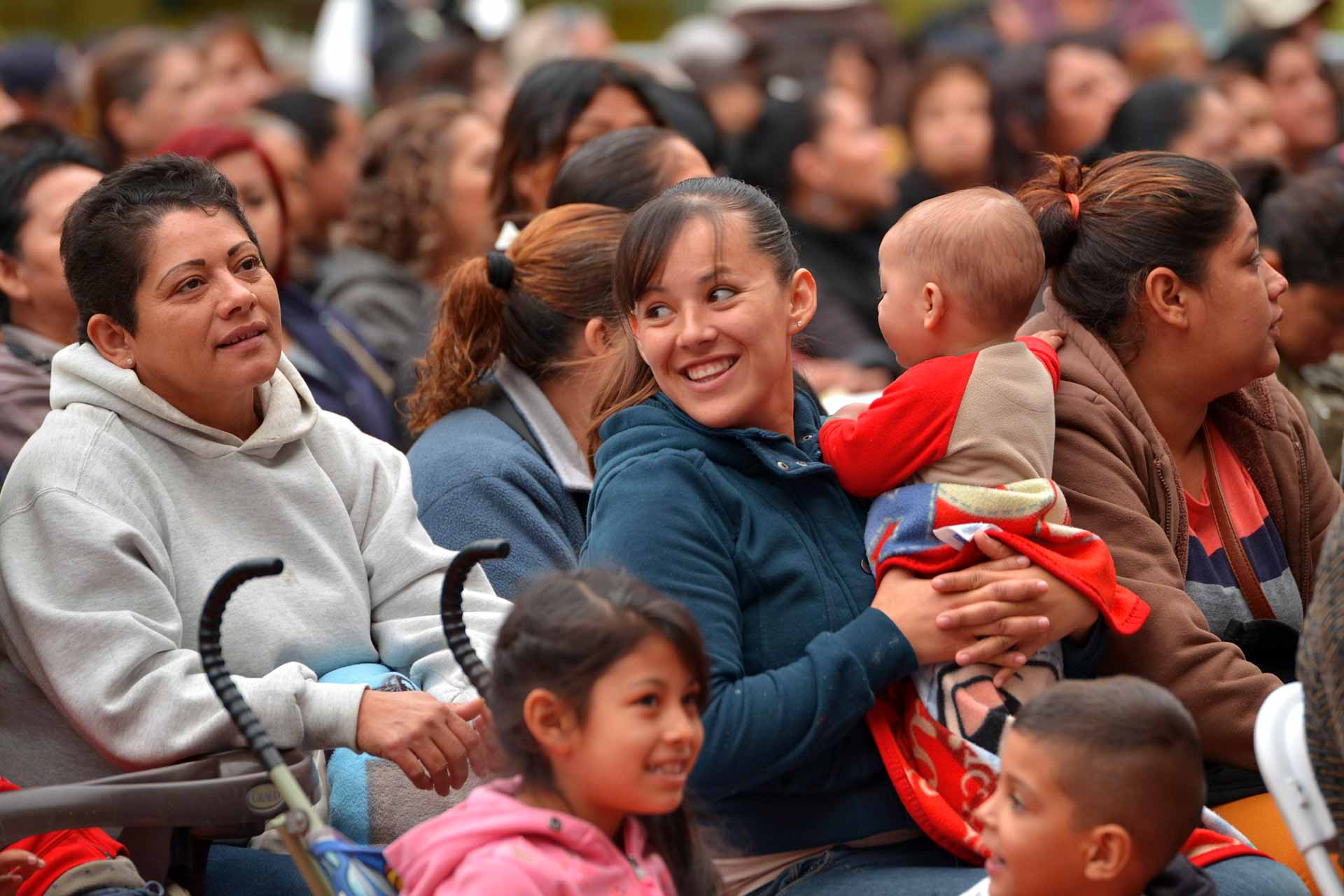The European Parliament calls on EU countries to act on the housing crisis to invest more in decent homes and ensure everyone has access to affordable housing. Lack of affordable houses is increasingly becoming a problem in the EU. Prices and rents steadily growing relative to incomes over the years.
On 21 January, Parliament adopted a resolution calling on EU countries to recognise adequate housing as a fundamental human right. It will be enforceable through legislation. Everyone should get equal access to decent, “healthy” housing, with connection to high-quality drinking water, adequate sanitation, sewage and reliable energy, MEPs said.
Housing crisis: a problem for everyone
The situation has especially got worse for low-income owners and private renters. Also for people with an average income are burdened by house and maintenance costs. Especially single parents, large families and young people on their first jobs have an income that is too low to afford market rents, while too high to make them eligible for social housing.
The coronavirus outbreak has also exacerbated the housing problem,. Many people need to spend the lockdown in poor standard homes. In the medium-term, the crisis is expected to further increase homelessness rates.What does affordable housing mean?
- The houses price-to-income-ratio is the most commonly used criterion to measure affordability
- Between 2010 and 2018, the share of the population spending more than 40% of their disposable income on housing stood at about 10% in the EU. There are substantial differences between countries.
What are the causes of the housing problem?
The transformation of houses into financial assets or commodities is one of the main drivers for the rising costs. People buy second homes to generate additional income and supplement their pensions. Foreign investments make local house prices rise and platforms like Airbnb reduce the supply of houses available for locals, especially in city centres.
In addition there are significant differences between EU countries when it comes to social policies.

Housing in the EU: facts and figures
- Over the past three years EU house prices have risen by an average of 5%
- Social housing spending by governments represents just 0.66% of the European gross domestic product
- Inadequate house costs €195 billion per year
The solutions Parliament is proposing
The EU can influence the housing market indirectly through rules on state aid, fiscal and competition law. EU could adopt guidelines and recommendations. For example, changes in state aid rules could make it easier for public authorities to support all groups whose housing needs cannot be easily met under market conditions.
In their resolution adopted on 20 January, MEPs
- reiterate their demand for an EU level goal to end homelessness by 2030
- call on the European Commission and EU countries to prioritise emissions reductions and energy efficiency through housing renovation, in line with the Green Deal
- encourage member states to collaborate on financing social investments with the social partners, civil society and the private sector
- call on EU countries to tackle discrimination of vulnerable groups on the housing market
- call on the Commission to put forward legislative proposals by mid-2021 to counter the treatment of housing as a tradable asset rather than a human right
- urge the Commission and member state to invest more in social, public, energy-efficient, adequate and affordable housing















